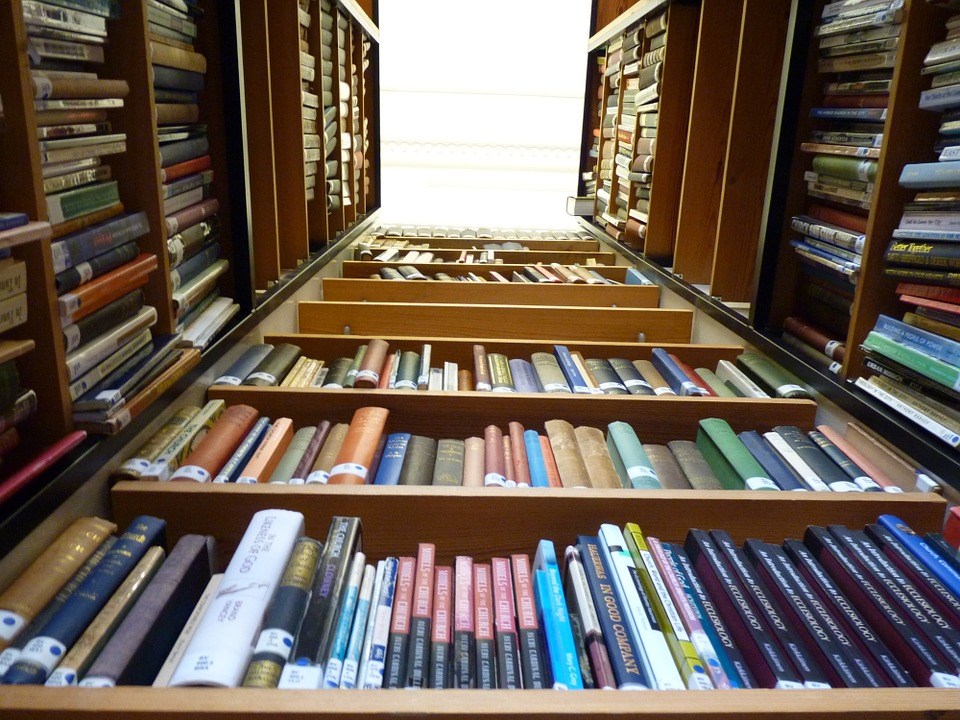An arts major? What about a job when you graduate? How will you make money with an arts degree? You should consider nursing! Gender studies? Oh, are you one of those feminists? Just don’t take philosophy. You should really have a plan B, so you can make a living.
If you are, or have been an arts student, you might relate to this enduring barrage of the above questions and suggestions.
This fall, I began my first year at the University of British Columbia in the Okanagan. I flew in the face of those ill informed questions, comments and pressures, deciding on a double major in indigenous studies and theatre. Yes. Arts.
Within my first week of school, I noticed the bias arts students consistently confront as well as their (myself included) feeling the need to justify their interest and their existence in the faculty of arts.
Comments, many based on profoundly incorrect assumptions, from fellow students of how, for example, they “heard indigenous studies have easy courses” or this one, “An easy A class. People usually take it as an elective.”
Yes, I understand they may mean no offense, but really? I don’t descend upon science students with, “good luck finding a job with your microbiology and engineering degrees!” or “Chemistry? Easy A!”
I chose not to presume a course easy or hard, important or not. It’s the learning that matters.
Telling fellow students the faculty of arts is a useless degree or that indigenous studies is an easy A, is missing the point. It not only devalues critical learning, but invalidates the person’s interest.
For indigenous students taking indigenous studies courses, it can be a vulnerable and triggering experience. Material covered in these classes can be difficult as the content concerns issues they have often experienced first hand.
My point? Studying within the faculty of arts does not mean one is less intelligent, that there is no future employment, it’s a waste of time, and one has nothing to contribute to society.
Indigenous studies is not an “easy A.”
I and my fellow arts students educate ourselves to learn about the world and the people in it, think critically about the world and the people in it and contribute to the world and the people in it – locally and globally. We will enlighten perspectives, share history, challenge social norms and connect with people and our mother earth.
- Ashleigh Giffen is a Squamish resident studying theatre and indigenous studies at the University of British Columbia in the Okanagan. She has heritage in several indigenous nations, but is mainly Oji-Cree and Anasazi.



